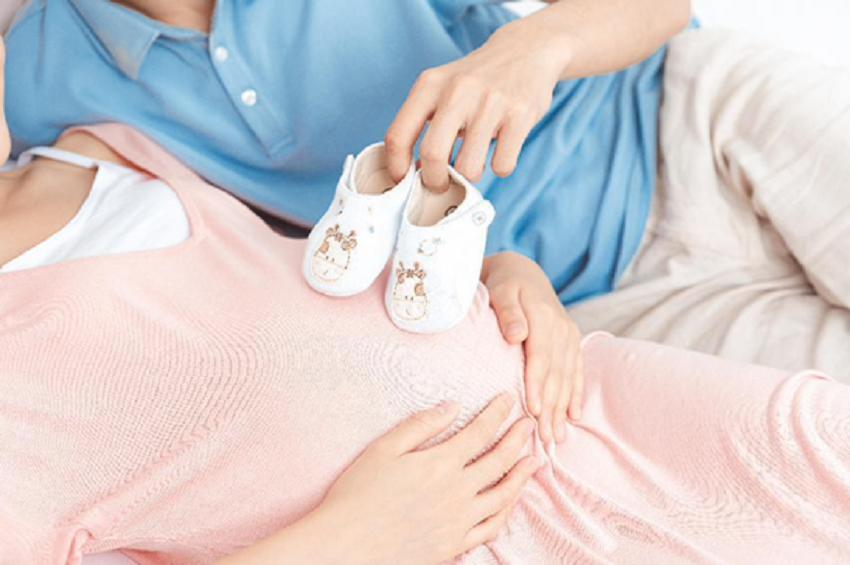您好!很高兴为您提供一对一的专属咨询。
请问有什么可以帮您?
冻卵的流程和价位是什么?


When preparing for parenthood, understanding the basics of reproduction is crucial. How long can a woman's eggs survive after ovulation? This is a critical question. IVF USA's reproductive experts have provided an answer: after ovulation, a woman's eggs typically survive for only 12 to 24 hours. It may sound brief, but luckily, Mother Nature has some tricks up her sleeve to extend the fertility window to about a week each month.
Firstly, let's understand what ovulation is. During each menstrual cycle, women typically produce one or occasionally two mature and viable eggs, which form the foundation of fertility. The menstrual cycle can be roughly divided into four phases: menstruation, follicular phase, ovulation, and luteal phase. During menstruation, the uterus sheds its lining, which is then expelled from the vagina, typically lasting three to seven days. Next comes the follicular phase, which lasts 13 to 14 days, during which the pituitary gland releases hormones, and follicles develop on the surface of the ovaries, while the uterine lining thickens.
During ovulation, one of the developing follicles becomes the dominant follicle, rupturing and releasing a mature egg. This stage is a crucial moment for fertility because once the egg is released, it can only survive for 12 to 24 hours. If fertilization does not occur during this time, the egg will be expelled along with the uterine lining. Finally, there's the luteal phase, during which the empty follicle (now the corpus luteum) releases progesterone and small amounts of estrogen, further thickening the uterine lining in preparation for pregnancy. If no fertilized egg implants, the corpus luteum is reabsorbed, and the uterine lining sheds again at the start of the next menstrual cycle.
So, why is the egg's lifespan so short after ovulation? This entirely depends on whether fertilization occurs. If the egg is fertilized by sperm, fertilization typically occurs in the fallopian tube, and the fertilized egg then enters the uterus and implants in the uterine lining. If no sperm is present to fertilize the egg during this brief window, the egg will be expelled along with the uterine lining.
Although eggs can only survive for a short time after ovulation, sperm can survive longer inside a woman's body, usually up to five days, extending the window of fertility to several days before and on the day of ovulation. This makes the fertile period actually last for about five to six days.
To increase the chances of conception, a healthy diet, maintaining a healthy weight, and regular exercise are all important. However, these factors cannot extend the egg's survival time within the natural menstrual cycle. The only way to preserve eggs for an extended period is through egg freezing. Egg freezing is an effective method to extend fertility, involving hormone therapy to stimulate the development of multiple eggs, followed by retrieval and freezing of these eggs.

Dr. Nathan Zhang from IVF USA states that egg freezing can preserve fertility for a long time. Frozen eggs are in a vitrified state, which allows them to be stored for an extended period. In theory, eggs can be frozen indefinitely. While no one freezes eggs indefinitely, the longest case of IVF egg freezing involved thawing and successful conception more than twenty years later. The success rate of thawing frozen eggs is high, with only a 10% difference in quality compared to fresh eggs. Currently, IVF USA provides egg freezing, IVF, and third-party reproductive services for those in need, expanding its services to include Japan IVF and egg freezing, Thailand IVF and egg freezing, as well as Mexico, Taiwan, Hong Kong, and other regions, closely collaborating with top IVF doctors worldwide. If you have a need for egg freezing or IVF, feel free to consult IVF USA. We are dedicated to serving you and helping you achieve your dreams of parenthood.